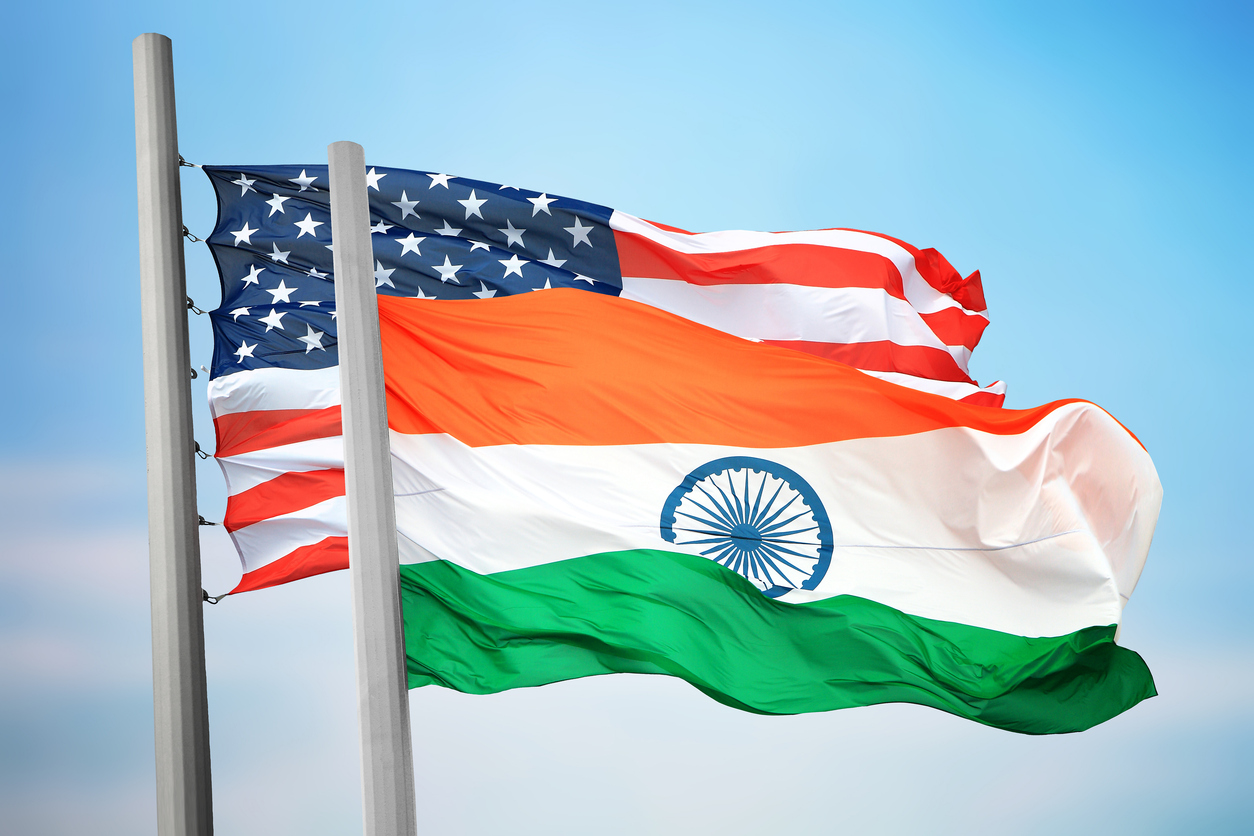
September 17, 2024
The launch of India's National Centre for Hydrogen Safety was a key highlight of the partnership discussions
Both countries expanded their collaboration on green hydrogen research, including cost reduction and the establishment of hydrogen hubs
A public-private energy storage task force was announced to address regulatory, manufacturing, and supply chain issues
The nations also agreed to boost sustainable aviation fuel initiatives and improve energy efficiency through super-efficient appliances and cooling systems

During the Strategic Clean Energy Partnership (SCEP) Ministerial held in Washington DC, US Energy Secretary Jennifer Granholm and Indian Minister of Petroleum and Natural Gas Hardeep Singh Puri commended the advancements achieved through their bilateral collaboration. Both leaders highlighted the role of the SCEP in driving innovation and reinforcing clean energy supply chains between the two nations.
They emphasised that an orderly and sustainable transition to green energy hinges on the availability of reliable, affordable, and clean energy solutions. The US-India partnership, they noted, is vital in building a secure, resilient, and diverse clean energy infrastructure.
A notable outcome of the discussions was the introduction of India’s new National Centre for Hydrogen Safety. This follows the successful collaboration at the 2nd International Conference on Green Hydrogen, held in September 2024. Both nations expressed their commitment to deepening exchanges on clean hydrogen research and development, focusing on cost-reduction strategies and the creation of hydrogen hubs in both countries. They also welcomed initiatives promoting the use of green hydrogen in buses, tractors, and heavy equipment.
Another key focus was the large-scale integration of renewable energy into the power grid. The ministers stressed the need for energy storage solutions that ensure flexible and reliable grid operations. The creation of a public-private energy storage task force was announced to address key policy areas, including regulatory frameworks, manufacturing, safety, and supply chain diversification. This task force will also explore the technical and economic feasibility of various energy storage technologies, particularly for renewable and battery energy storage systems.
In the aviation sector, the two countries pledged to accelerate efforts in sustainable aviation fuel, recognising its potential to reduce emissions in the industry. On the energy efficiency front, both nations reiterated their commitment to collaboration on super-efficient appliances, aiming to enhance energy efficiency standards and promote the deployment of high-efficiency affordable cooling systems.
The discussion also covered modernising the power distribution sector to guarantee a continuous and reliable energy supply to consumers. The US praised India’s progress in smart metering projects and highlighted ongoing initiatives to improve inverter-based resources, implement power market reforms, estimate system inertia, and strengthen cybersecurity measures.
These discussions mark another step forward in the US-India clean energy partnership, reaffirming the countries’ commitment to a greener and more sustainable future.
Source: The Print